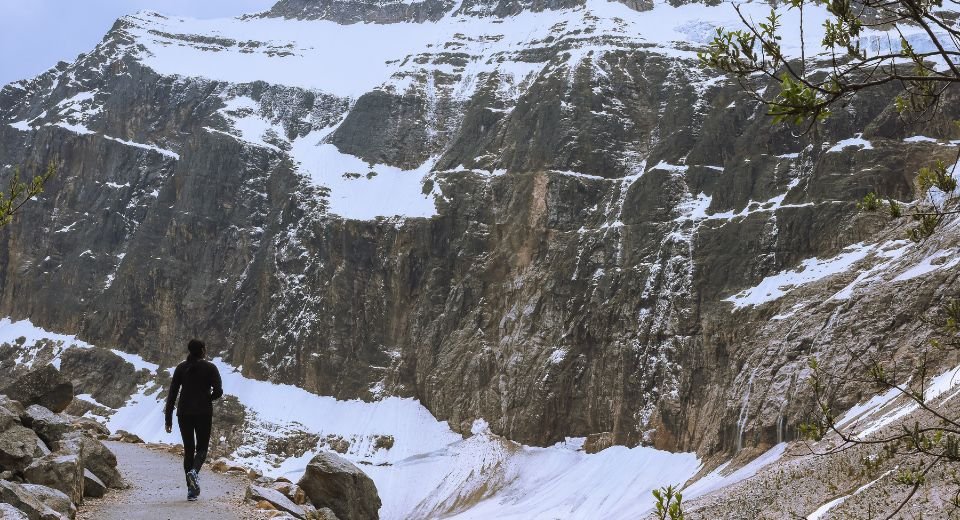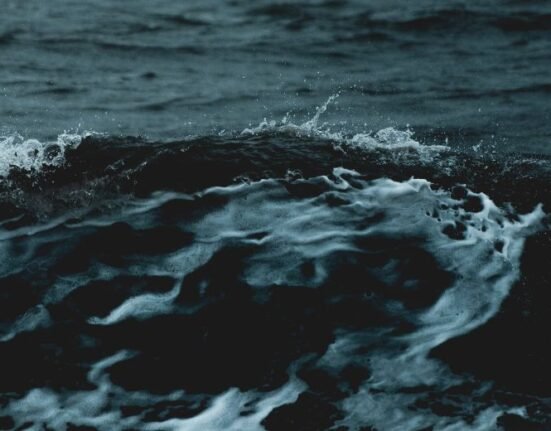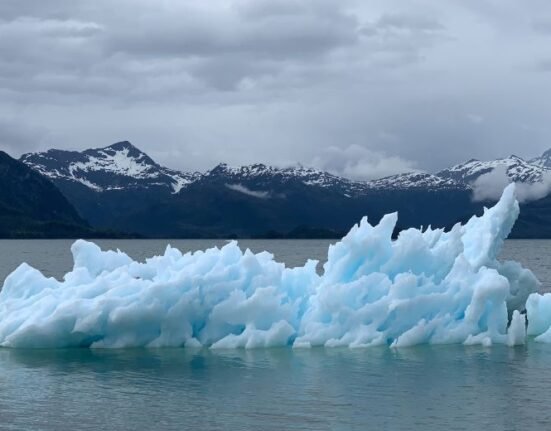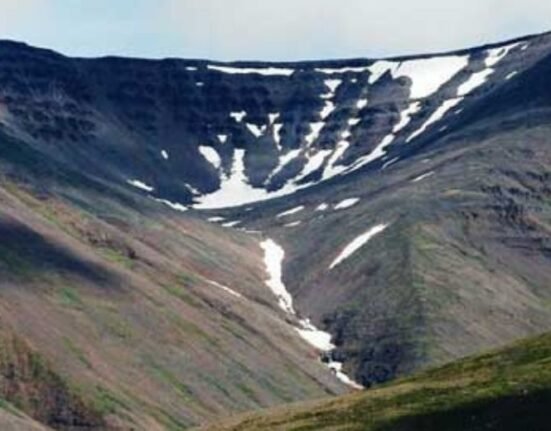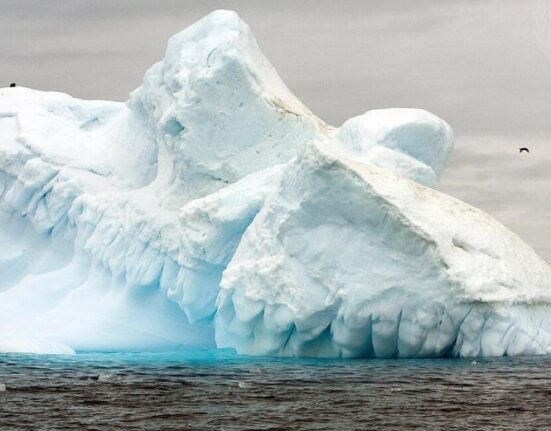HQ Team
January 8, 2023: At 1.5 degree Celsius of global warming, 49% of the world’s glaciers may disappear by 2100, according to a study by French scientists.
Scientists at the French National Center for Scientific Research, a public-funded institution that covers multiple scientific disciplines, and the University of Toulouse found that glacial mass loss will be much greater than the IPCC forecast.
The scientists revealed that the glacial melt would be 11 and 44% higher than the IPCC projections.
“For the IPCC Business-as Usual Scenario at the year 2030, global-mean sea level will be 8.29 cm higher than today, with a best-estimate of 18 cm.
“At 2070, the rise is 21 – 71 cm, with a best-estimate of 44 cm. Most of the contribution is estimated to derive from thermal expansion of the oceans and the increased melting of mountain glaciers and small ice caps,” according to the latest IPCC report.
The French scientists stated that small glaciers (less than one square kilometre) predominate our planet, and they are the most impacted by mass loss.
Rise in sea levels
“In the scenario where global warming is limited to 1.5 °C, 49% of the world’s glaciers, the majority of the small ones, are expected to disappear by 2100, prompting a 9-cm sea level rise.
The largest glaciers would also be affected but would not disappear. If temperatures rise by 4 °C, neither small nor large glaciers will exist as 83% would disappear, and there would be a 15.4-cm sea level rise.
The team of scientists relied on the observations of a study that quantified widespread, accelerated glacial mass loss around the world between 2000 and 2019.
The data allowed them to calibrate their mathematical model for every one of the more than 215,000 thousand glaciers on earth.
The model also accounted for processes not previously represented, such as mass loss due to iceberg calving and the effect of a layer of debris on the surface of a glacier.
Mitigation methods
Shrinkage of the most extraordinary glaciers, like those in Alaska, the Canadian Arctic, and around Antarctica, the key to future sea level rise, may still be limited if we implement measures to mitigate global warming, according to scientists.
Mountain glaciers, perennial ice masses excluding the Greenland and Antarctic ice sheets, are a critical water resource for nearly two billion people and are threatened by global warming.
Mass loss is linearly related to temperature increase; thus, temperature increase reductions reduce mass loss.
Based on climate pledges from the Conference of the Parties (COP26), the global mean temperature is projected to increase by more than 2.7°C, which would cause widespread deglaciation in most mid-latitude regions by 2100, the scientists said.


